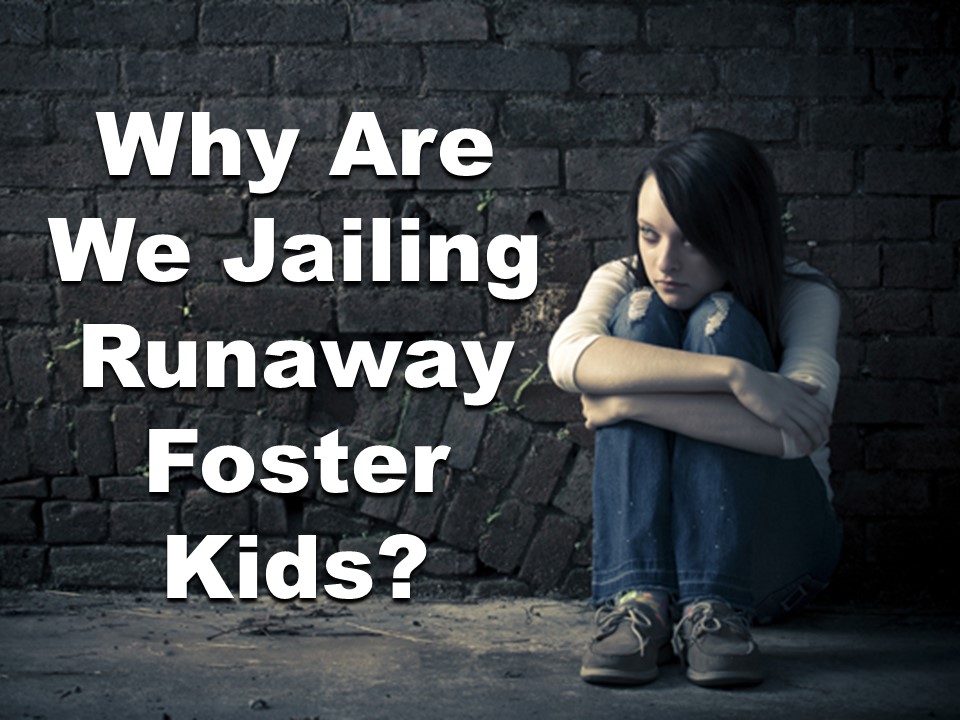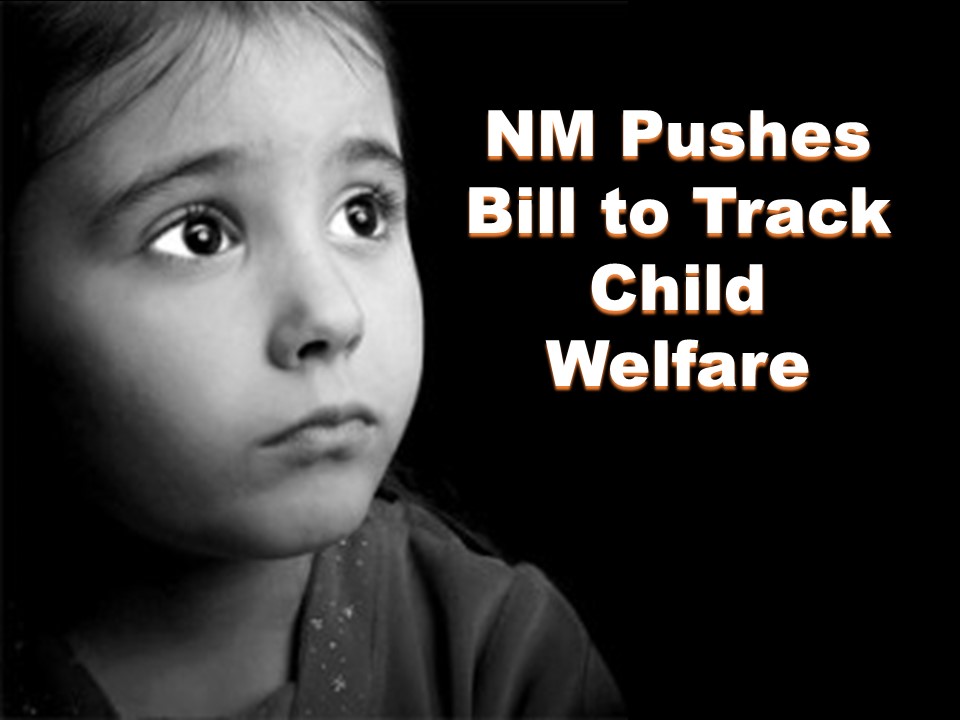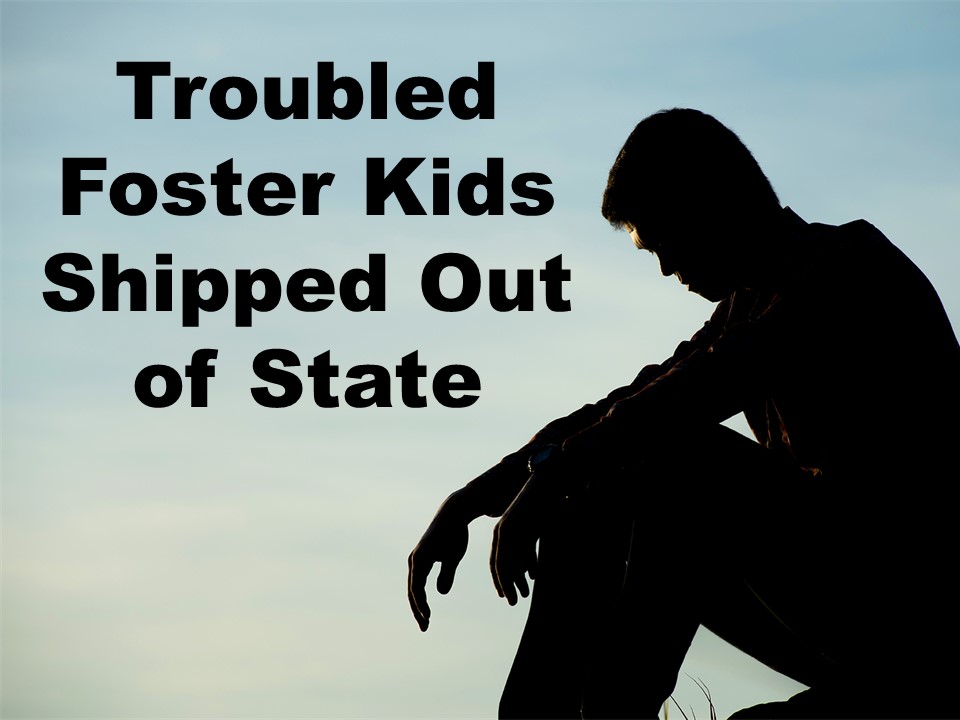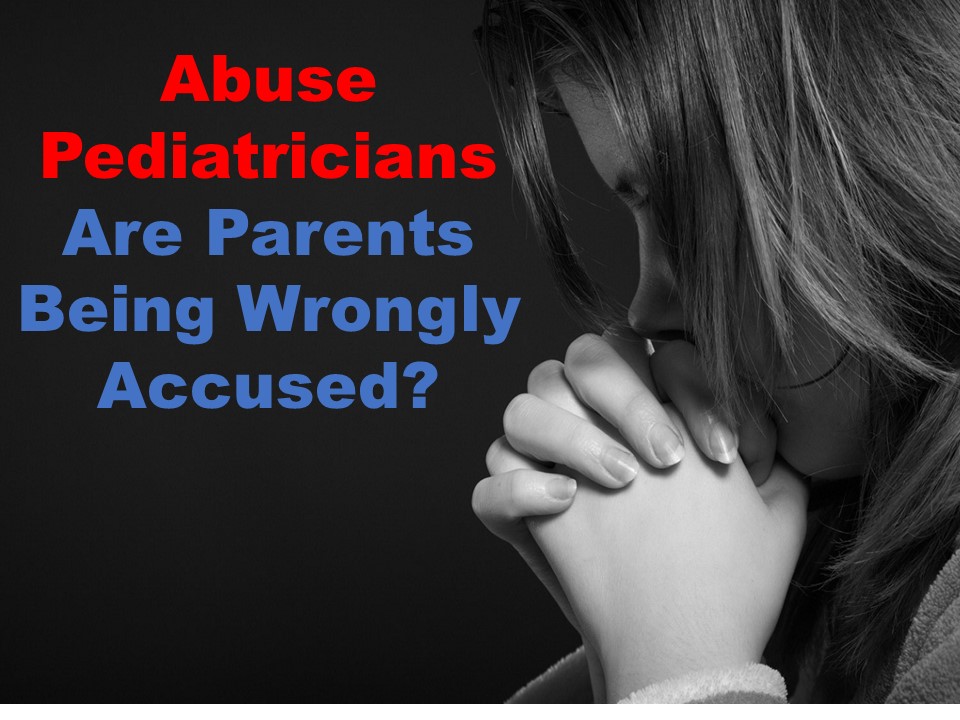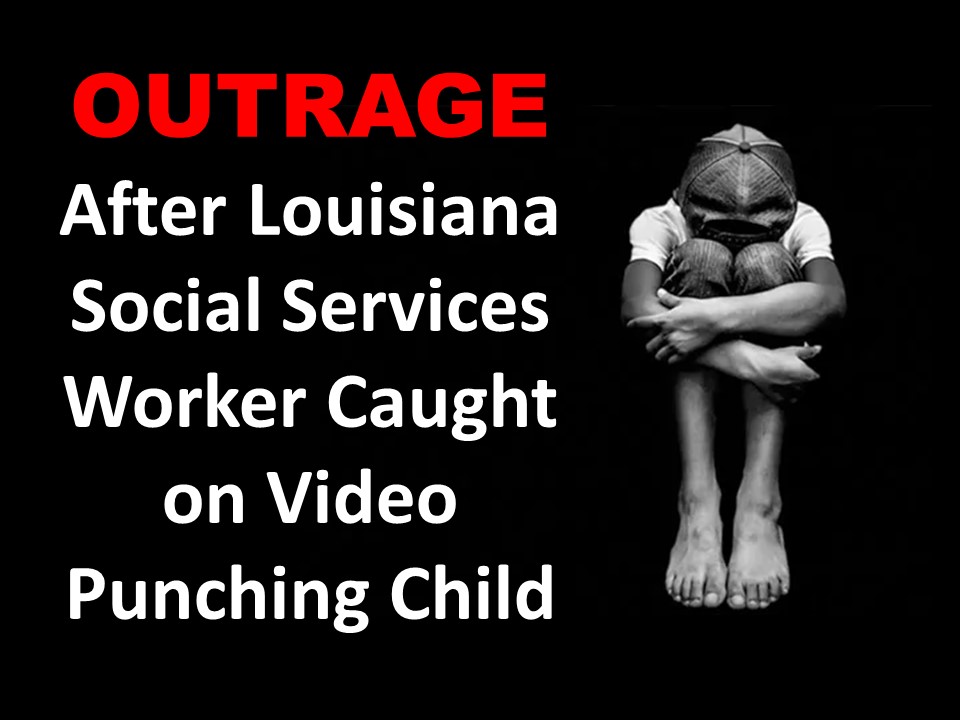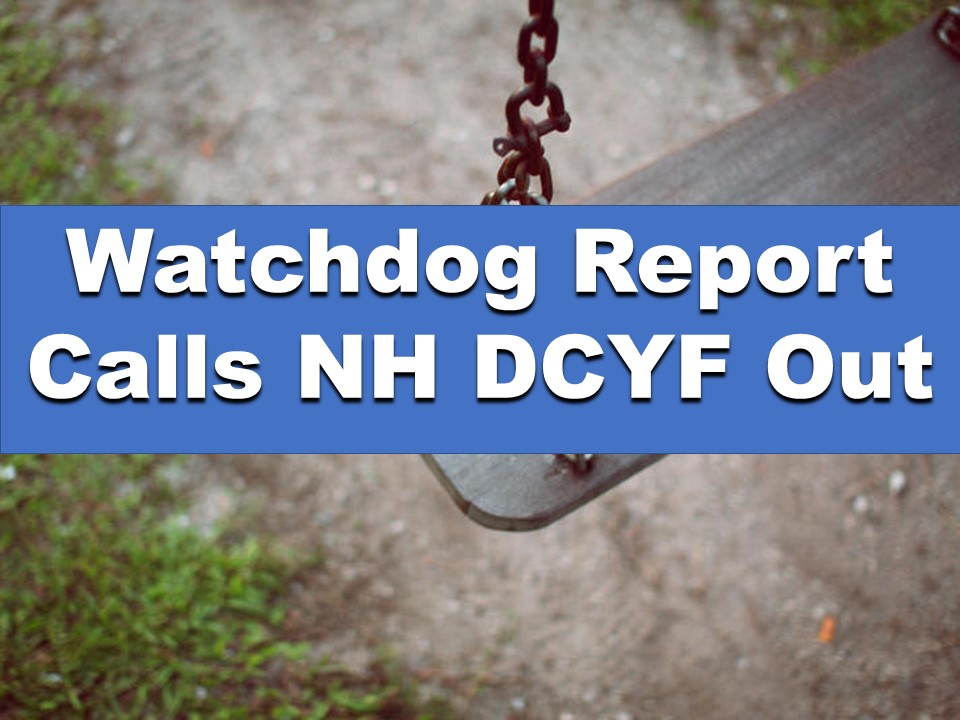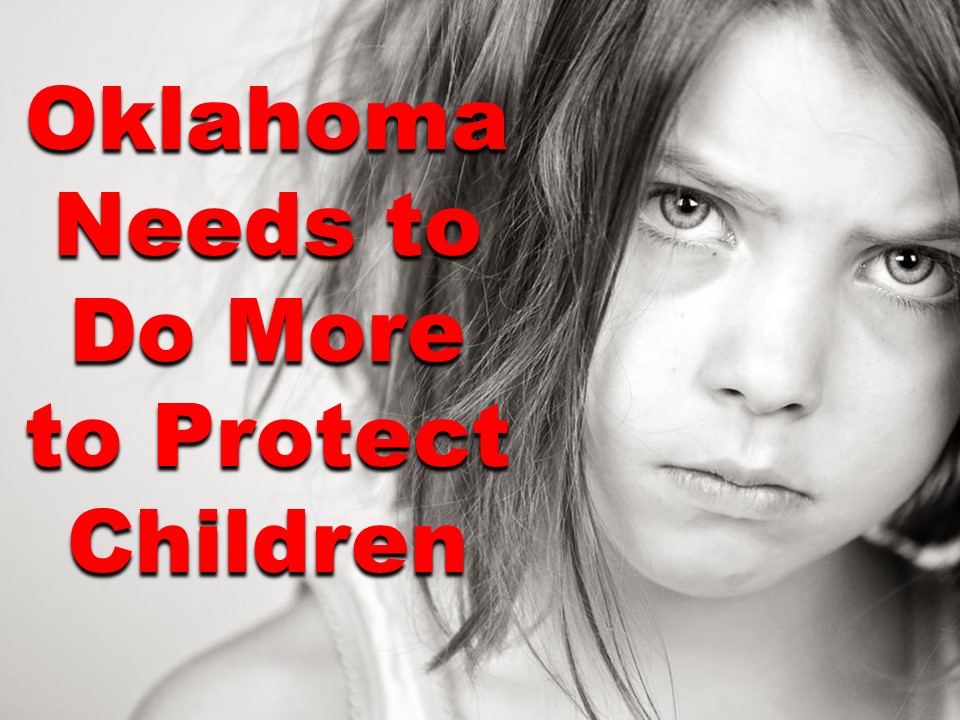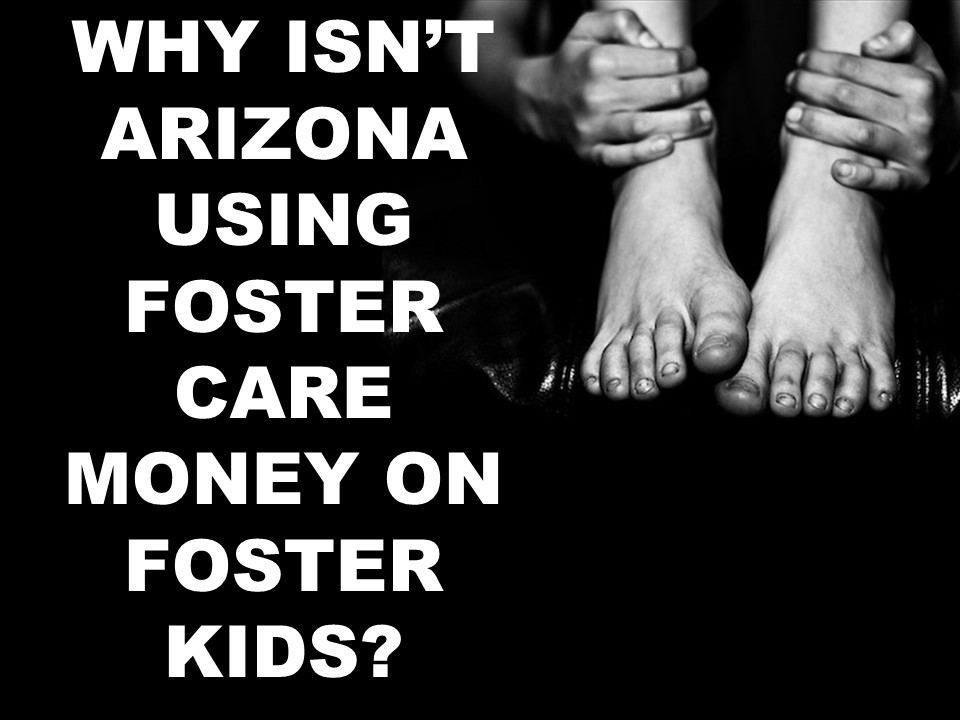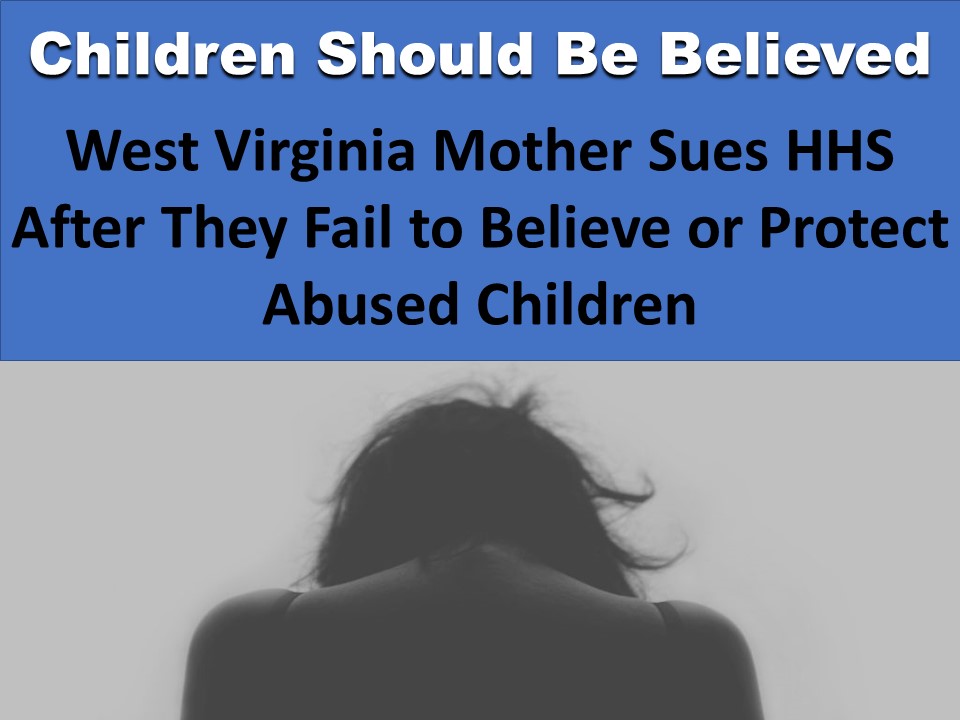South Carolina’s Department of Social Services has been plagued by issues that have gone on for years. One of the biggest of these issues is the lack of funding to hire desperately needed caseworkers for their foster care system. The state’s social workers are underpaid and overworked, and DSS has requested to hire 163 new case managers to ease the workload. This would protect children and families, but thanks to mismanagement and corruption, the funding is not being provided. We, Robert and Kathleen Raskin of Las Vegas, demand to know why.
One of the goals the state has is to lower the worker-to-child ratio in the system. As it is currently, there are 948 caseworkers, with 43 of whom have a 1:50+ worker to child ratio. The agency would like to see this ratio lowered to 1:20-24 children. They are also aiming to reduce DSS’s reliance on group homes when very young foster children are involved. These group home facilities can have dangerous conditions, putting children who are already at risk in even more peril.
How much would a new staff cost? According to estimates, over $11 million. The total budget request of $53.3 million is more than enough to meet this need, especially when you consider the state’s total proposed budget for 2017-2018 is $9.3 billion. Foster children are NOT the place to cut costs. Their lives are literally in the state’s hands. Terrifyingly enough, during the lawsuit against the state’s DSS, they admitted they did not know the exact number of children who died while in state’s custody.
One of the problems with the budget is it includes no provisions for settling the federal-class Michelle H. lawsuit, which accused then-Governor Nikki Haley and the DSS of failing to protect vulnerable children. In other words, the money that should have gone to the management of foster children is now going toward the past mismanagement of them instead. Currently, SC DSS doesn’t even have a permanent director, so it’s hard to imagine how the troubled agency wouldn’t be mismanaged in a situation like this.
Come on, South Carolina, it’s time to do better for these kids.
Learn more about South Carolina’s war on children and families.
South Carolina’s foster care system is in desperate need of more resources.

